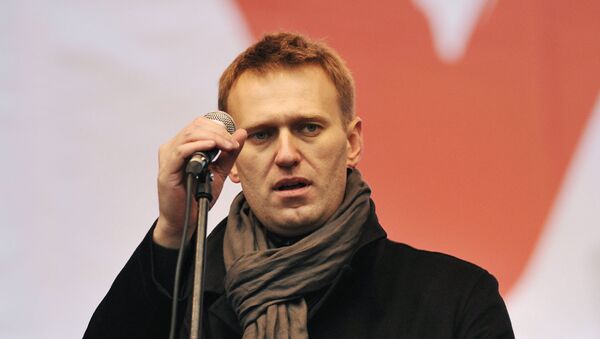"We reviewed the document. The 1959 Convention does not indicate any specific stages at which the interstate cooperation should begin. Article 1 provides for cooperation in legal proceedings in relation to offences punishable in accordance with the laws of the parties," Zakharova told the Echo of Moscow broadcaster.
The spokeswoman specifically referenced one of the explanatory reports to the convention which says that the document is applicable at all stages of legal proceedings.
"So here is the answer to your question or rather to the claim presented. Accordingly, taking into account what I said, there are no contradictions in our request sent to the German side at the stage of conducting verification measures for the incident. This is the opinion of international experts," Zakharova added.
According to the Russian Prosecutor General's Office, Germany has not provided any of the requested information and materials to Russia with regard to the Navalny case.
In mid-October, Russia demanded that Germany observe its cooperation commitments under the 1959 Convention with regard to providing Moscow with all requested materials and information pertaining to Navalny's alleged poisoning. Chief Editor of the Echo of Moscow, Alexey Venediktov, in turn, has argued that the convention is not applicable to Navalny because no criminal case was opened into his case.
In August, Navalny suffered an acute health condition and was hospitalised first in Russia and then in Germany with suspected poisoning. While Russian doctors said they found no poisonous substances in his system, doctors in Germany claimed his samples contained traces of a toxin from the Novichok group. The German government said the findings were verified by labs in France and Sweden.
At Moscow's request, the Organisation for the Prohibition of Chemical Weapons sent a technical mission to assist the Russian investigation, which ended up confirming the presence of traces of a toxic substance in Navalny's samples, albeit not one registered by the organisation as prohibited.
The 44-year-old fully recovered from the suspected poisoning with a military-grade nerve agent and was released from the Berlin-based Charite hospital on 23 September, a month after his hospitalisation.



